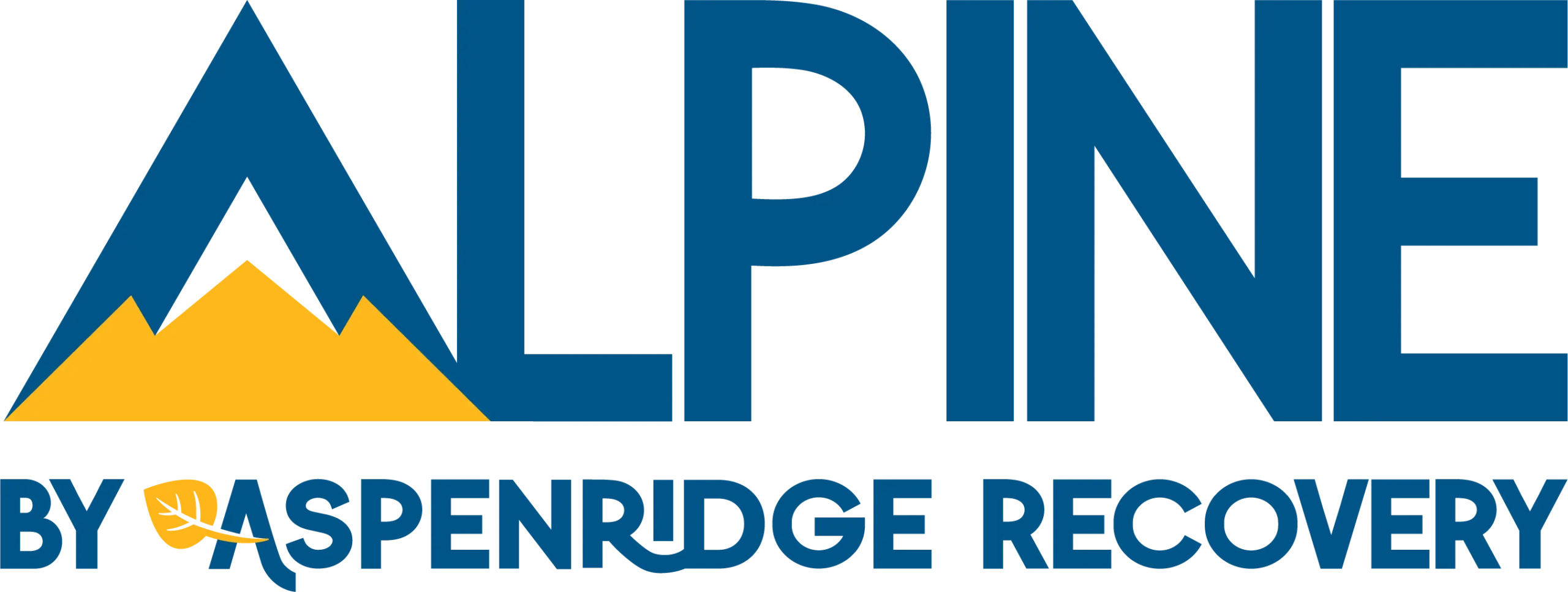Barriers To Recovery
National Recovery Month (or Recovery Month) is held every September in observance of addiction treatment. Throughout the month, evidence-based treatment and recovery practices are promoted and supported by members of the community as it surrounds addiction, stigma and long-term sobriety. For many across the state of Colorado, finding programs that offer guidance and support for recovery can be an overwhelming process. Coloradans, like other parts of the country, face numerous barriers to recovery that can impact a person’s ability to find help.
For individuals and families in search of resources for addiction, Alpine Recovery provides supportive care covered through Colorado Medicaid. For more information on receiving access to treatment, contact us 24/7 at 720-704-2883.

Colorado Addiction Statistics
The disease of substance addiction currently afflicts millions of Americans each year. According to a Colorado Health Access Survey, between 2017 and 2018, 11.9% of people 18 and older in Colorado reported a substance use disorder in the past year. This rate was noted as higher than the national average of 7.7%. What’s more, the 2021 Colorado Health Access Survey reported that over 80,000 Coloradans 18 and older (2.3%) did not get treatment or counseling to address substance dependency.
Colorado households are still facing barriers to recovery due to stigma and general cost of treatment. In 2021, 49.8% of Colorado residents were covered by the state’s Medicaid insurance program. Finding addiction recovery centers that accept Medicaid can help more families receive access to needed substance abuse resources and services.
Find more addiction statistics in Denver here.
What Are Some Of The Major Barriers To Recovery?
Addiction impacts a person in numerous ways. It can cause issues with health and wellbeing, but also impact family life, personal relationships, work, finances and cause legal issues. Aside from these factors, substance abuse can also carry the weight of shame and stigma. A person may feel like a failure for being unable to overcome substance abuse. Others may view the disease of addiction as a character flaw, contributing to more guilt and shame from the person suffering.
These internal and external forces may be a primary reason that many Colorado residents choose not to seek treatment. Factors like these can also be a trigger for relapse.
A person may be reluctant to find addiction treatment care if they are facing issues with stigma and even financial troubles. Some of the major barriers to recovery include:
Denial Or Feeling As Though They Don’t Need Treatment
Studies have found that for the majority of people who need but don’t receive addiction treatment is due in large part to symptoms of denial. A person may feel they have control over their substance use or may not recognize the signs that alcohol or drug dependency has taken over. Over 95% of afflicted individuals may feel they’re okay with their current circumstances despite negative lifestyle changes, financial and emotional costs, and other damage done to friends or family. The severity of their addiction is most likely downplayed.
Not Ready To Stop Using
Another barrier to recovery is a person’s inability to seize use of alcohol or drugs. Some afflicted with SUD may understand the need for addiction treatment, but may still refuse drug treatment. About 40% of addicted persons do not seek help because they are not ready to stop using.
Lack of Insurance & Cannot Afford Costs of Treatment
In 2021, about 6.6% of Coloradans were not covered by health insurance. Additionally, about one in four residents were covered by Medicaid. Additionally, deaths involving drug overdose increased in Colorado from 16.8 per 100,000 in 2015 to 26 per 100,000 in 2020. In 2020, there were 987 opioid overdose deaths in Colorado, which accounted for 65.3% of all drug overdose deaths in the state in the same year. Colorado also showed a higher average rate of individual reporting alcohol use disorder from 2018 to 2019 at 10.2% vs national averages of 7.3%.
For those in need of mental health support, 34.7% of Colorado residents received needed care. Among adults in Colorado who reported an unmet need for mental health treatment, 41.8% (or 170,000 people) did not receive care because of cost factors.

Addiction Treatment May Interfere With Responsibilities
Other barriers to recovery include the time it takes to receive treatment. Individuals may have daily responsibilities with home and work life that may impact their ability to receive needed care. Full-time workers, for example, may feel they cannot afford to take time off the job. Most long-term addiction care programs require 90+ days. As new evidence-based treatment becomes available, programs are providing flexibility and options to help individuals and families find resources that can provide assistance. Telehealth has also transformed how many Coloradans are receiving help for alcohol and drug use.
Finding The Right Treatment Center
Some may feel overwhelmed by the process of finding addiction treatment care. It can be hard to know where to look for the right help. Those suffering from drug addiction may feel hopeless, apathetic or even unsure if their substance abuse can be addressed. Finding the right treatment facility can be a huge undertaking without proper guidance or support. Providing education on different programs available is imperative to helping individuals overcome barriers to recovery.
How To Overcome Recovery Barriers: Colorado Addiction Resources
Understanding the different and potential barrier situations can help a person prepare for next steps in the recovery process. Fortunately, there are many programs that can provide insight, guidance, and understanding to help find the right approach to addiction treatment and long-term recovery. For high-risk situations, it’s imperative to seek medical help.
- For Denver alcohol and drug addiction treatment services, find resources here.
- For Colorado behavioral health help support, find resources here.
There are many resources available to help with mental health or substance use issues. For more direct information or support, contact our treatment center and we’d be happy to point you in the right direction or offer information on our alcohol and drug treatment programs covered by Medicaid. Call us directly 24/7 at 720-704-2883.
Medicaid Addiction Treatment Center
Astronomical costs of rehab centers and facilities can also deter many Colorado residents from reaching out for help. Some addiction rehab centers offer payment plans or other options to offset costs, but it can still be incredibly burdensome for certain households. In reality, cost, access to care, and insufficient insurance coverage are barriers to needed care and mental health services.
Applying for Colorado Medicaid can help a person find resources that are paid with state funded programs. Medicaid in Colorado is a public health care program for minor children, parents of minor children, and adults who meet income and resource eligibility guidelines established by the State of Colorado and the federal government. There are different methods that Medicaid rehab in Colorado can provide treatment for substance use disorders including mental health counseling, 12-step programs, intensive outpatient programs, and other approaches.
Go here to learn how to apply for Colorado Medicaid.

Alpine Recovery Center: Medicaid Covered Addiction Treatment
Alpine Recovery Center is an established Medicaid rehab in Colorado that offers online substance abuse and mental treatment programs for adults with Medicaid. We not only address substance abuse, but we actively work toward evaluating and understanding underlying causes of substance abuse, such as trauma, depression, anxiety, and other mental health disorders.
Our Colorado addiction treatment programs are 100% covered by Colorado Medicaid insurance. Our programs include:
- Intensive Outpatient Program (IOP)
- Outpatient Program
Contact us today to learn more about our tailored approach at 720-704-2883.



